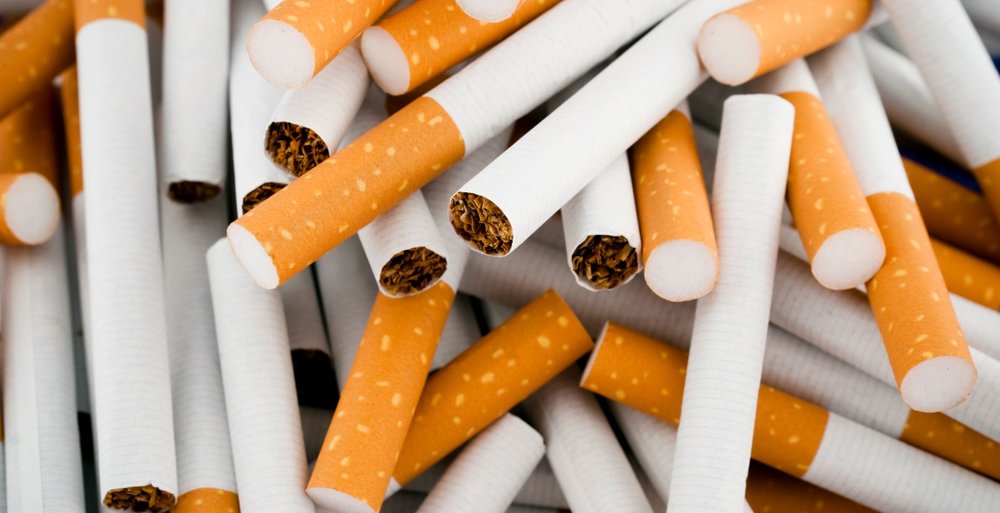Increased tax on cigarette to improve public health

TEHRAN – The increased tax on cigarette will generate 8 trillion rials (nearly $180 million) in the next [Iranian calendar] year 1397 (March 2018–March 2019) which will be invested in boosting public health, said the deputy health minister Ebrahim Golmakani.
Majlis [the Iranian parliament] adopted a law in February to increase tax on cigarettes by 20 percent of their retail price. Accordingly, the price of each locally produced cigarette will increase by 75 rials (0.16 cents) and jointly produced cigarettes and imported ones will experience 150 rials (0.33 cents) and 600 rials (1.3 cents) hike in prices, respectively.
The revenue earned from this increased taxation will be spent on different health related issues such as reducing and combating cigarette consumption, developing education and awareness towards tobacco dangers and promoting getting enough exercise, IRNA quoted Golmakani as saying on Saturday.
The price of cigarette in Iran is one of the cheapest in the world, he regretted.
Many researches demonstrate that the low price of cigarette is one the major incentives to its consumption, the official added.
Evidence from countries of all income levels shows that price increases on cigarettes are highly effective in reducing demand. On average, a 10% price increase on a pack of cigarettes would be expected to reduce demand for cigarettes by about 4% in high-income countries and by about 5% in low- and middle-income countries.
One of the most effective tools to reduce tobacco use is increasing their price and levying heavy taxes on them, he emphasized.
The deputy health minister went on to say that cigarettes damage public health and especially the youth and the country should move towards lowering its consumption rate.
Some officials express criticism against this tax hike and consider it as a cause for increasing smuggling and harming employment and domestic production, he regretted, adding, “Public welfare is the main priority and it should never be overshadowed.”
Golmakani also touched on the fact that the amount of tax proposed by the administration for cigarettes was significantly higher than what was adopted by Majlis.
This is a minor step in improving public welfare, he said, adding, “We hope that this tax would be revised and reach the global tax rates so that high price of cigarette would become a deterrent to smoking.”
According to World Health Organization (WHO), evidence from countries of all income levels shows that price increases on cigarettes are highly effective in reducing demand. On average, a 10% price increase on a pack of cigarettes would be expected to reduce demand for cigarettes by about 4% in high-income countries and by about 5% in low- and middle-income countries.
The case of Philippines
Philippines is one of the best exemplars which have achieved a reduction in cigarette consumption through imposing heavy taxes.
According to World Economic Forum, in the Philippines, we are seeing the positive and dramatic impact that a significant increase in tobacco tax can cause. In 2013, the government enacted a landmark law that increased taxes on tobacco by up to 820 percent.
After just one year of implementation, the government earned US $980 million in new tobacco tax revenue – far exceeding projections. More importantly, the health impacts are also apparent – a 2014 survey showed that overall smoking in the Philippines had decreased, with the largest declines among 18-24 year olds (17 percentage point decline) and the very poor (13 percentage point decline). The new tax revenue paid for health insurance premiums for about 14.7 million poor families in 2014.
MAH/MQ/MG
Leave a Comment